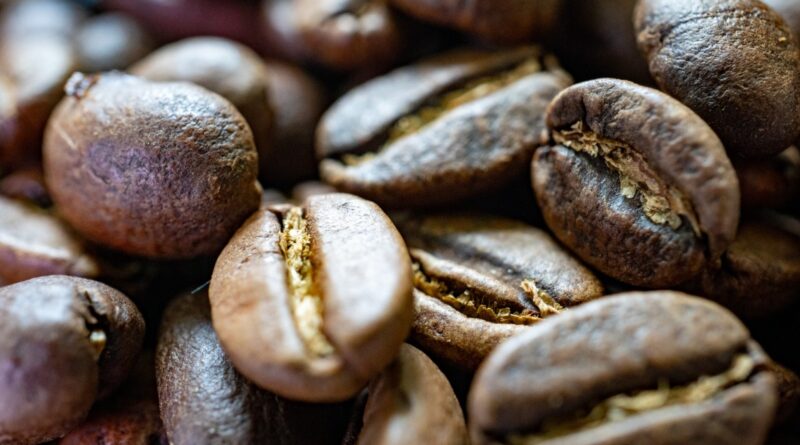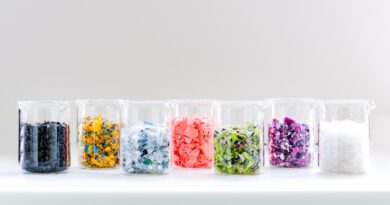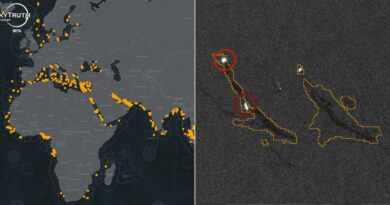Oritain raises $57M for its forensic, big-data science approach to tracking the origin of goods
Global supply chains have made the world smaller by enabling us to have virtually anything we want at the tap of a finger. But when it comes to things like verifying a physical object’s origin or its composition, those same fragmented chains and the many steps between a producer and a buyer can be an expensive minefield for the companies working within them.
Enter forensic traceability, a method that uses both data and forensic science to find the true origins of a product; and a New Zealand startup called Oritain, which has raised $57 million to continue developing its forensic traceability business, which includes not just technology for testing a product’s origins and composition, but also a growing “fingerprint” database used to help in the identification process.
Highland Europe is leading the round, with previous backer Long Ridge also participating. Oritain is not disclosing its valuation, except to confirm that it is higher than before on the back of a annual growth rate of over 90%, and retention of its customers of over 100%.
Oritain currently provides SaaS-based tooling for researching the origins of food and textiles and it works with 100 companies — specifically big multinationals like Nescafe, Lacoste, Supima, and Primark, which use it to ensure that they are getting what they are expecting, that customers are getting what they’re intending to send, and to help them stay in ESG and the growing body of regulatory compliance around how and where materials and other products are obtained.
While a lot of consumer packaged goods today look like they are already traced to the hilt through barcodes, bluetooth tags and other tracking technologies, Oritain’s approach is a very clever complement that gets to the heart of the object itself.
Oritain operates from the premise that an object and the materials in it essentially tell a story. That story can be uncovered using methods not unlike those that forensics experts use in a crime lab, said Cochrane.
Cotton grown in one part of the world will look different in a lab, under a microscope, to cotton grown somewhere else. Factors like changes in the environment play a more significant part than you might realise in how that cotton grows and looks. Events like earthquakes and fires, as well as simply normal soil conditions in a particular locale, all can be traced by closely examining the material and comparing it against other material and other data.
“It’s based on causality,” CEO Grant Cochrane said in an interview. “That’s how our science works. Environmental change is very much our friend.”
Taking a wide variety of measurements, Oritain then compares these measurements to other information it has about a location — the claimed origin — to determine whether that material — cotton in this example, but it could be coffee or something else — really came from the location its sender said it did.
The measurements are also recorded in its massive database. This in turn can be used to help identify or confirm the actual origin of future objects that might bear some of the same characteristics.
The science of this is solid enough that experts appearing in court in counterfeit cases have used Oritain’s data as their evidence, and it’s held up, noted Cochrane.
“Oritain’s forensic science can take a commodity sample and tell you precisely where in the world it comes from,” said Jacob Bernstein, a partner at Highland Europe, in a statement. “Does this cocoa come from a deforested National Park? Is this cotton from where my supplier says it is? Is this coffee truly Brazilian, as the label says? This groundbreaking technology is a dream solution for sourcing and sustainability leaders at the world’s largest brands who can finally get to grips with the authenticity of their supply chains. We are immensely proud to be partnering with the Oritain team to revolutionize origin verification.”
Oritain raises $57M for its forensic, big-data science approach to tracking the origin of goods by Ingrid Lunden originally published on TechCrunch





